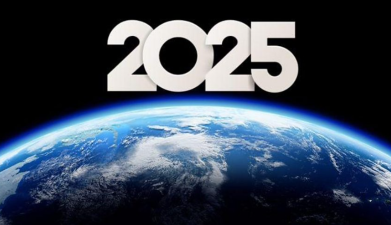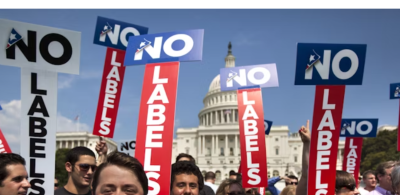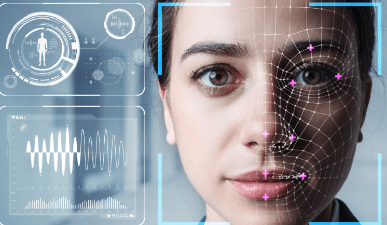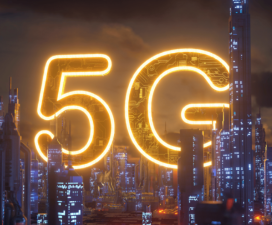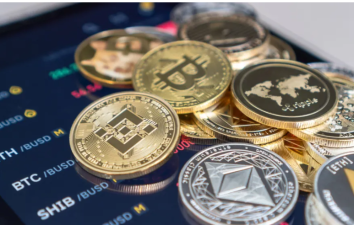Young people's voting plays an important role in political and social change, especially in some key elections or referendums. For example, in the Brexit referendum, although the proportion of people who want to leave the EU increases with age, young people as a whole tend to stay in the EU, which shows their influence in determining the direction of society.
Young people's voting plays an important role in political and social change, especially in some key elections or referendums. For example, in the Brexit referendum, although the proportion of people who want to leave the EU increases with age, young people as a whole tend to stay in the EU, which shows their influence in determining the direction of society. The younger generation grew up in a different environment from the previous generation. They are more adapted to globalization and pay more attention to the long-term future, so they may hold different views from the older generation on some issues. In addition, young people tend to be more active on social media and can quickly mobilize and influence voter opinion. In elections in some countries, the voter turnout and political participation of young voters have increased significantly. For example, in the 2025 South Korean general election, the voting behavior of young voters had a significant impact on the election results and even changed the balance. At the same time, young people's voting behavior also reflects their dissatisfaction with the current social status quo and their desire for change, such as re-examination of the democratic system, and in scenarios such as student union elections, the younger generation expressed their dissatisfaction with the current rules through a vote of no confidence. These examples show that young people's voting not only changes the political balance, but also promotes the improvement and change of the social environment.
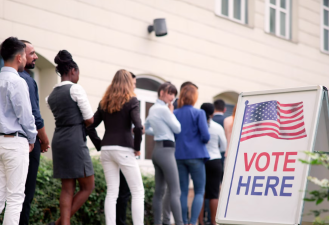
In the past two decades, young people's political apathy, estrangement, indifference and even disgust with politics have become a common phenomenon worldwide, and are particularly prominent in some countries. For example, Switzerland has set the minimum age for voting at 18 since 1991, but in the past 30 years, young people's enthusiasm for participation is still not high: among young people aged 18-24, only one-third will vote. American young people have long been labeled as suffering from "political apathy". In the 2012 presidential election, the voting rate of young people aged 18-24 was only 41.2%, while the voting rate of young people aged 18-29 in the mid-term election at the end of 2014 was only 21.3%; although the enthusiasm of young people to vote in the 2020 presidential election has improved, nearly half of the young people are still indifferent and do not exercise their right to vote. Japanese young people have even less interest and willingness in participating in politics, and the decline in young people's voting enthusiasm has become a social problem. In the 2017 House of Representatives election, the voting rate of the 20-29 age group was only 33.85%, far lower than the 53.68% voting rate of Japan at that time.
In 2022, the "Nippon Foundation" conducted an "18-year-old consciousness survey" on a total of 6,000 young people in Japan, the United States, the United Kingdom, China, India and South Korea. The survey showed that Japanese young people are less interested in politics than in other countries. In the current economic downturn, Japanese young people "have no confidence in the future at all", "they think they can't change the country and society, and are unwilling to take risks."
Implicit in this phenomenon and this series of data, in the elections of these countries, senior politicians focus on catering to the demands of the elderly in order to capture the majority of voters and win the election, using old campaign strategies to promote old campaign concepts. The main battlefield of their propaganda is also mainly places where the elderly gather.
In this way, young people often feel that they are "unrepresented" in mainstream politics, which in turn makes the voting rate low for a long time.

